44 health claims food labels
15 Health Claims on Food Labels That Don't Mean Anything - Woman's Day Just look at all the bogus health claims on food labels. According to Statista, There's an especially big market for healthy foods out there. In fact, one 2019 survey found that 53 percent of ... Questions and Answers on Health Claims in Food Labeling Health claims in food labeling are claims that have been reviewed by FDA and are allowed on food products to show that a food or food component may reduce the risk of a disease or a health-related...
Health Claims on Food Labels - Kaiser Permanente Health Claims on Food Labels, Topic Overview, Food makers can make health claims about certain nutrients, such as calcium, fiber, and fat, that are found naturally in foods. The health claims must be balanced and based on current, reliable scientific studies and must be approved by the U.S. Food and Drug Administration (FDA).
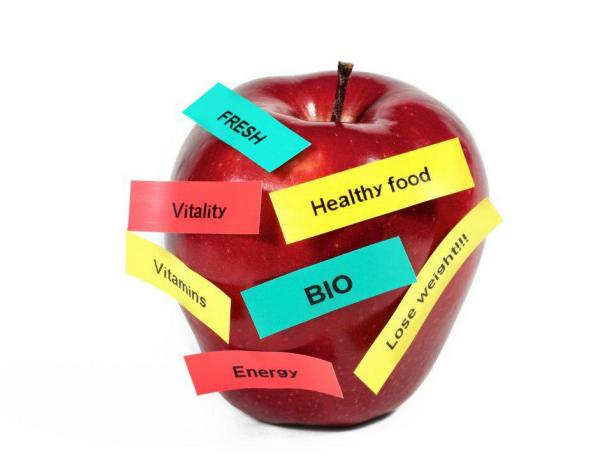
Health claims food labels
Health Claims - Canada.ca A health claim is optional for a food. However, when it is made, it must be truthful and not misleading according to Subsection 5 (1) of the Food and Drugs Act (FDA). This means that manufacturers and importers must have scientific evidence to substantiate a food health claim prior to its use. Food allergy and intolerance | Food Standards Agency Nov 01, 2021 · Food businesses such as a bakery, butcher, or delicatessen, must provide you with allergen information for any loose item you buy that contains any of the 14 allergens. Prepacked for Direct Sale (PPDS) From 1 October 2021, PPDS food needs to have a label that displays a full ingredients list, with allergenic ingredients emphasised within it. How to Read Food Labels Without Being Tricked - Healthline In fact, research shows that adding health claims to front labels makes people believe a product is healthier than the same product that doesn't list health claims — thus affecting consumer ...
Health claims food labels. Factual Food Labels: Health Claims - University of Texas at Austin Generally, these labels are found on the front side of the food package in emphasized lettering. Health Claims, In 1990, the Nutrition Labeling and Education Act allowed claims that related a specific food component (e.g., oats) to lowered disease risk (e.g., reduced cholesterol) to be printed on the label of a food product. Food Allergen Labelling - Canada.ca The Food and Drug Regulations require that most prepackaged foods carry a label and that the ingredients appear on labels in decreasing order of proportion. However, some ingredients used in food products which were previously exempt from declaration in the list of ingredients, (e.g., components of margarine, seasoning and flour) will now be required to appear on food labels also. Health Claims on Food Labels | Kaiser Permanente Health Claims on Food Labels, Overview, Food makers can make health claims about certain nutrients, such as calcium, fiber, and fat, that are found naturally in foods. The health claims must be balanced and based on current, reliable scientific studies. And the claims must be approved by the U.S. Food and Drug Administration (FDA). Health claims on food labels - PubMed Health claims on food labels, Food and drug law requires that the ingredients in most foods be disclosed on their labels, but until recently there was no requirement that nutrition information be provided. The Nutrition Labeling and Education Act of 1990 (NLEA), passed on November 8, 1990, mandated the Food and Drug Administrati …,
Dietary Supplements for Weight Loss - Health Professional ... Scientific opinion on the substantiation of health claims related to Camellia sinensis (L.) kuntze (tea), including catechins from green tea, and contribution to the maintenance or achievement of a normal body weight (ID 1107, 1112, 1544, 2716), increased beta-oxidation of fatty acids leading to a reduction in body fat mass (ID 1123, 1124, 3698 ... Qualified Health Claims | FDA - U.S. Food and Drug Administration For a QHC petition with credible scientific evidence, the FDA issues a Letter of Enforcement Discretion including specific claim language that reflects the level of supporting scientific evidence... Understanding Ingredients on Food Labels | American Heart ... Mar 06, 2017 · But when it comes to sodium, added sugars and saturated and trans fats – which in excess can damage your heart health and increase your risk of heart disease and stroke – it can be difficult to tell just how much is in there. The reason is, these ingredients can go by several names. There are many terms used for sugar on food labels. In Pictures: 29 Foods With "Health Claims" That ... - Modern Health Monk #6 Chocolate Milk - "Vitamins A&D 37% Less Fat Than Whole Milk!", Ingredients? Okay, so there's actually milk in this. Good sign. Ingredient #2 = sugar. Ingredient #3-6 = cocoa mix science experiment & preservatives. Ingredient # 4 = Artificial flavors. De-lish. #7 Arizona Iced Tea "NO Calories!", At first we're like, "oh, sweet, no calories!?",
Health Claims on Food Labels | LegalMatch A health claim on a product may state that the food is beneficial in helping to prevent or treat individuals that possess some kind of health condition. For example, an orange juice container may include a printed health claim on it about how a certain number of servings of orange juice each day can help reduce the risk of heart disease. How to read food labels | healthdirect Energy: A kilojoule is a measure of energy. To lose weight, you need to eat and drink fewer kilojoules (kJ) than you use. You should limit your intake of discretionary or junk foods — i.e. those that have more than 600kJ per serve. Nutrition and health claims: guidance to compliance with ... 1.6 Nutrition and health claims for food being placed on the market within the EU from 1 January 2021. Regulation (EC) No. 1924/2006 sets out the legal framework for businesses wanting to make ... Food Packaging Claims | American Heart Association You can use this general guidance: "Free" means a food has the least possible amount of the specified nutrient. "Very Low" and "Low" means the food has a little more than foods labeled "Free.", "Reduced" or "Less" mean the food has 25% less of a specific nutrient than the regular product.
Health and nutrition claims on food labels - FoodTruths When it comes to making nutrition content and health claims on food and beverage packaging, manufacturers have to follow specific rules set by the Food Standards Code¹. In New Zealand, the marketing and advertising of foods and beverages cannot mislead or deceive consumers and must comply with both the Fair Trading Act (1986) and the Food Act ...
Health Claims on Food Labels - Consumer Reports Specifically, grass-fed meat and dairy has a more healthful ratio of omega-6 polyunsaturated fatty acids to omega-3s. Too much omega-6 fat in your diet can cause inflammation, which may be a factor...
5 health claims on food labels you should understand Here's some help with how to be an informed reader of health claims on food labels. There are so many health claims on food labels that it is often hard to know what to believe. And many claims cannot be trusted. Here's some help in understanding these labels, so you can make the choices based on what is important to you. Here is a guide to ...
Label Claims for Food & Dietary Supplements | FDA Among the claims that can be used on food and dietary supplement labels are three categories of claims that are defined by statute and/or FDA regulations: health claims, nutrient content claims,...
Label Claims for Conventional Foods and Dietary Supplements The Nutrition Labeling and Education Act of 1990 (NLEA) provides for the use in food labeling of health claims that characterize a relationship between a food, a food component, or dietary...
5 Understanding Food Labels and Health Claims - Maricopa Health Claims & Foods, To keep companies from making false claims, the FDA provides food manufacturers' regulations in putting labels on packages that promote health. There are three levels of health claims: A health claim is supported by scientific evidence. An example is "reduces heart disease.",
Nutrition, health and related claims - Food Standards Health claims, You can only base health claims on food-health relationships that have been substantiated according to Standard 1.2.7. All health claims must be supported by scientific evidence to the same degree of certainty, whether they are pre-approved by us or self-substantiated by food businesses. General level health claims,
15 Health Claims on Food Labels That Are Total BS — Sorry! Just look at all the bogus health claims on food labels. According to Statista, There's an especially big market for healthy foods out there. In fact, one 2019 survey found that 53 percent of ...
What You Need to Know About Health Claims on Food Labels and Dietary ... In general, health claims are statements made on food product labels or dietary supplements that boast some type of health benefit. This may seem simple, but the FDA doesn't treat every claim the same way. Label claims come in multiple forms: Health claims (which comprise of authorized health claims and qualified health claims)
Regulating health claims on food labels using nutrient profiling: what ... Objective: Proposed Australian regulation of claims on food labels includes requirements for products carrying a health claim to meet nutrient profiling criteria. This would not apply to nutrition content claims. The present study investigated the number and healthiness of products carrying claims and the impact of the proposed regulation.
Misleading Nutrition and Food Labels - Health If a product has a USDA label that says organic, 95% or more of the ingredients must have been grown or processed without synthetic fertilizers or pesticides (among other standards). A label that...
Legal Guide to Health Claims on Food | Law@Dayton The Nutrition Labeling and Education Act, which amended the FD&C Act in 1990, requires most foods to be labeled with serving sizes and specific nutrition information, and it sets standards for food labels that make certain health claims. The Fair Packaging and Labeling Act of 1966 spells out packaging requirements for food and other packaged ...
Nutrition content claims and health claims - Food Standards All health claims must be supported by scientific evidence. Health claims are only permitted on foods that meet the Nutrient Profiling Scoring Criterion (NPSC). For example, the Standard doesn't allow health claims on foods higher in saturated fat, sugar or salt. There are 2 types of health claims - general and high level.
Health Claims on Food Labels - LabelCalc A lot of new food manufacturers ask me about making health claims on food labels, so today I wanted to shed some light on what can sometimes be a complex process. In order to successfully navigate the world of claims for your food product—from health claims to nutrient content claims and everything in between—here are the FDA rules you need ...
Authorized Health Claims That Meet Significant Scientific Agreement Authorized Health Claims That Meet the Significant Scientific Agreement (SSA) Standard, Authorized health claims in food labeling are claims that have been reviewed by FDA and are allowed on food...
How to Read Food Labels Without Being Tricked - Healthline In fact, research shows that adding health claims to front labels makes people believe a product is healthier than the same product that doesn't list health claims — thus affecting consumer ...
Food allergy and intolerance | Food Standards Agency Nov 01, 2021 · Food businesses such as a bakery, butcher, or delicatessen, must provide you with allergen information for any loose item you buy that contains any of the 14 allergens. Prepacked for Direct Sale (PPDS) From 1 October 2021, PPDS food needs to have a label that displays a full ingredients list, with allergenic ingredients emphasised within it.
Health Claims - Canada.ca A health claim is optional for a food. However, when it is made, it must be truthful and not misleading according to Subsection 5 (1) of the Food and Drugs Act (FDA). This means that manufacturers and importers must have scientific evidence to substantiate a food health claim prior to its use.


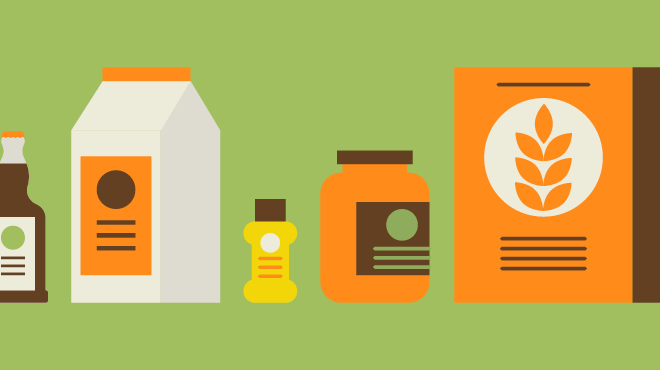

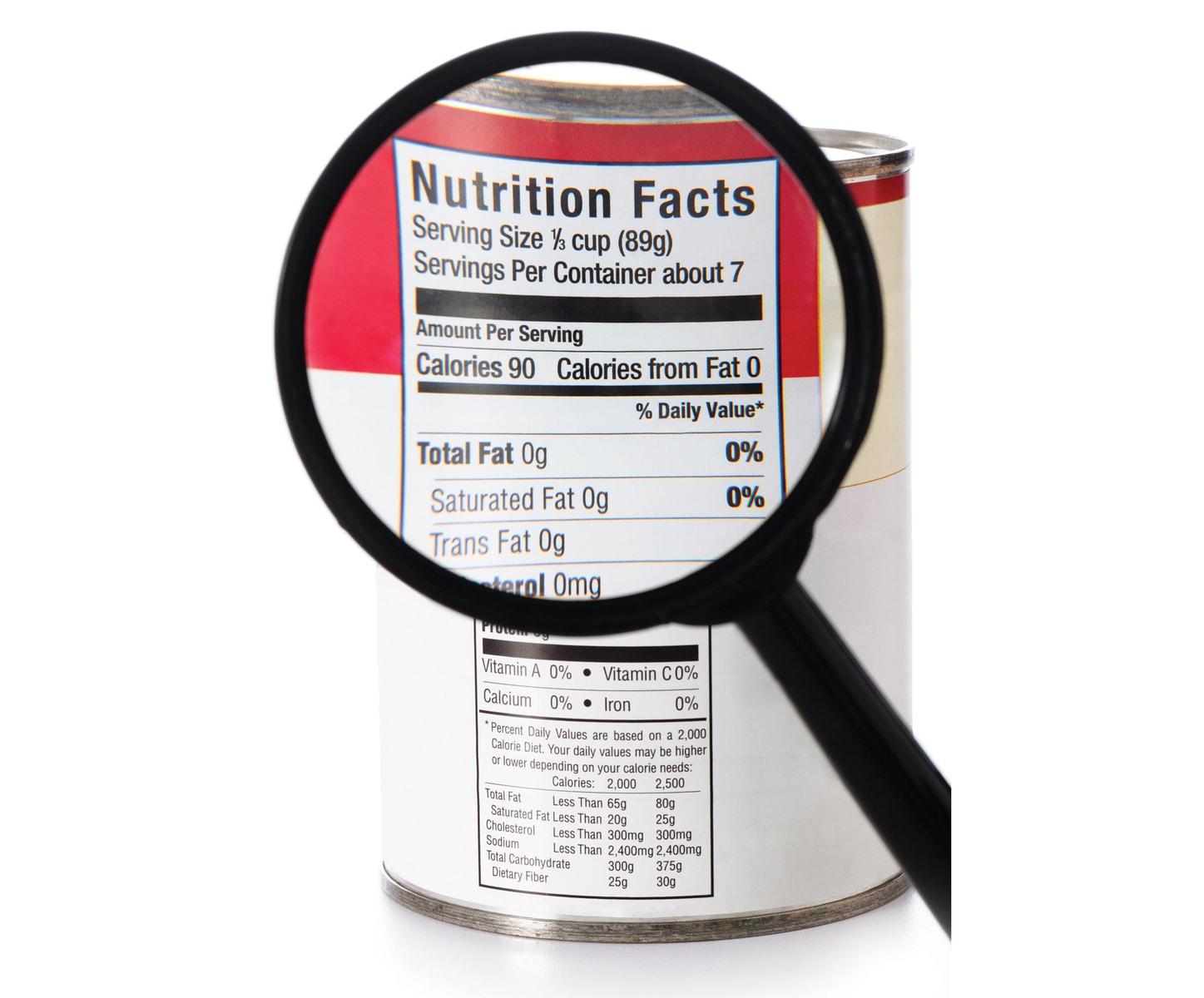

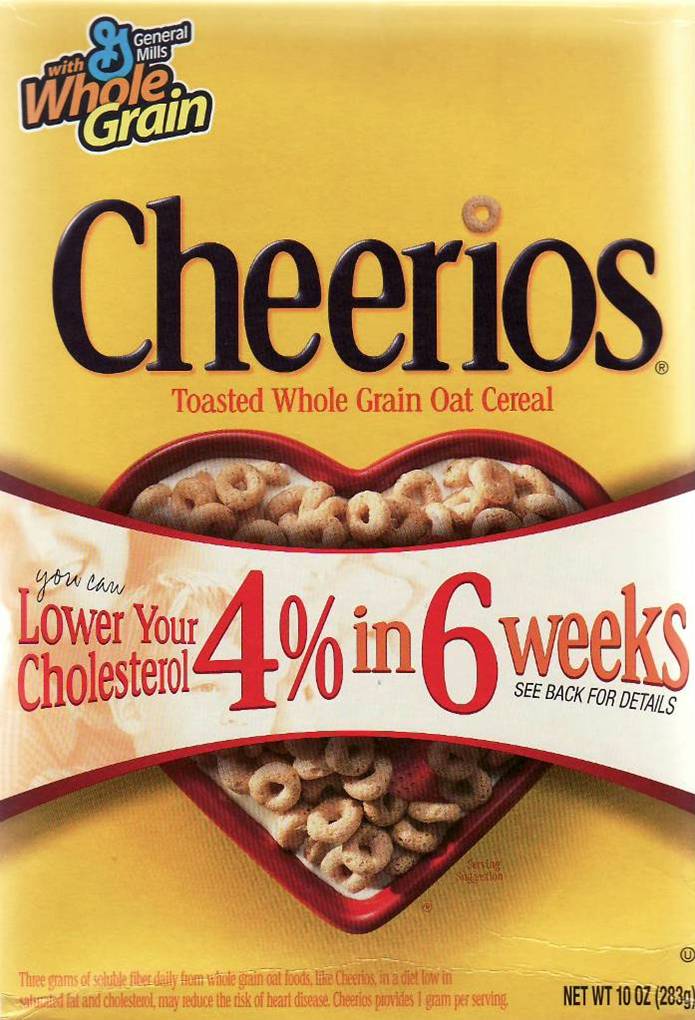

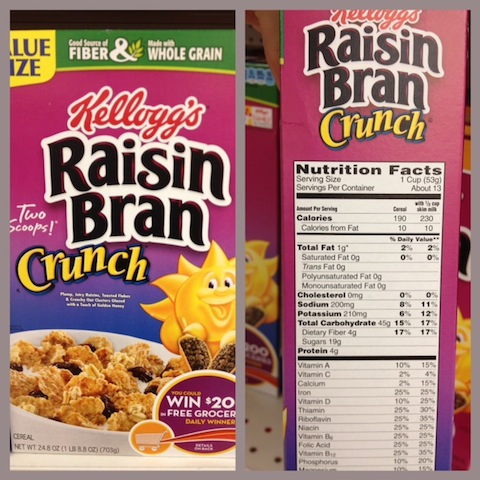

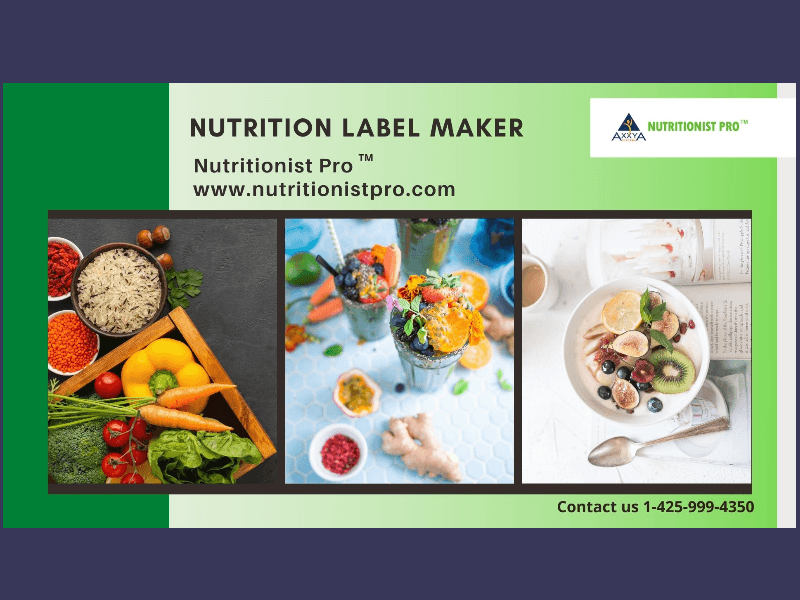
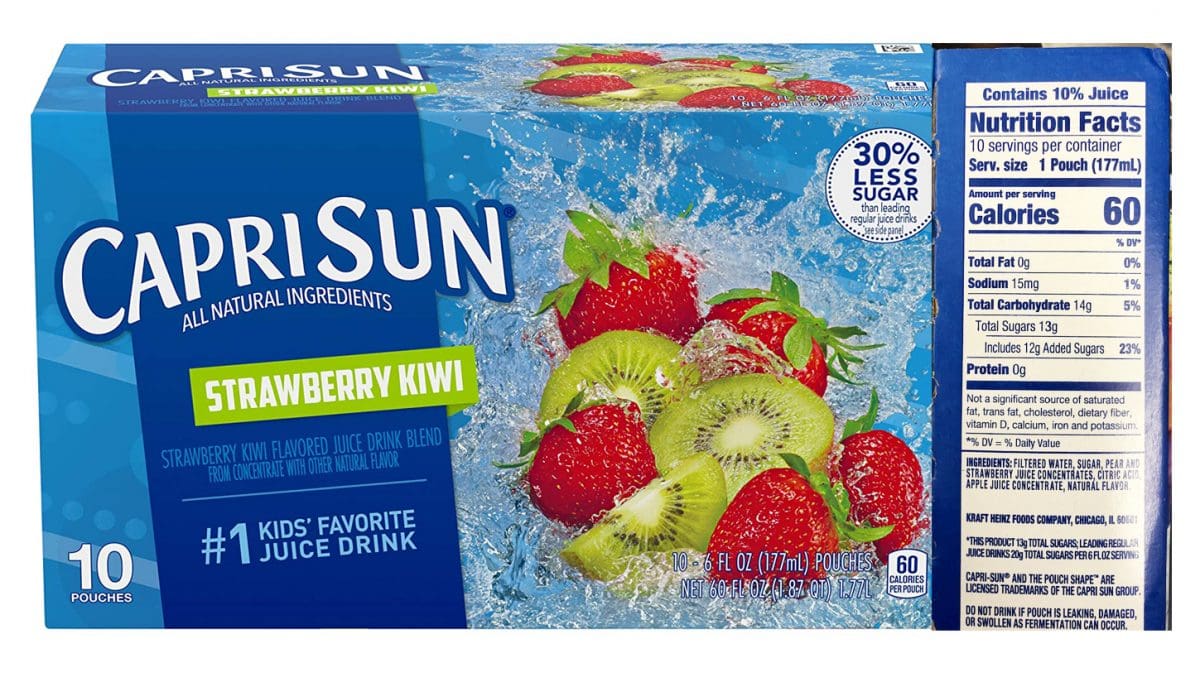
/grocery-shopping-food-label-2x3-BlendImagesJGITomGrillBrandXPictures-getty123317999-001-571e87a53df78c564080e3b5.jpg)
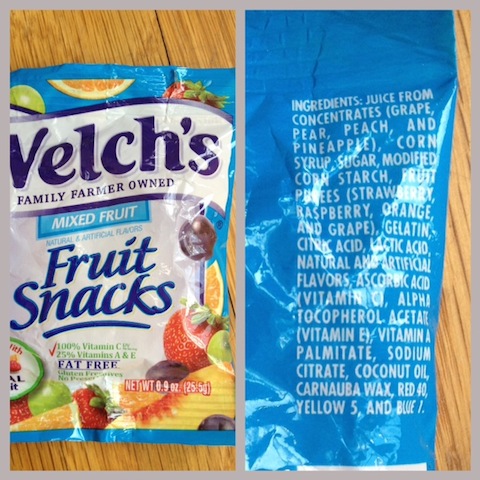
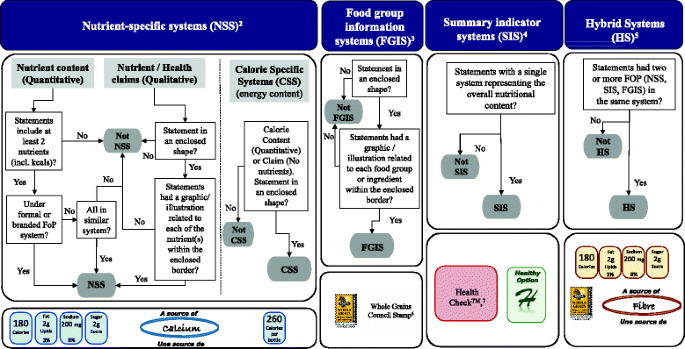

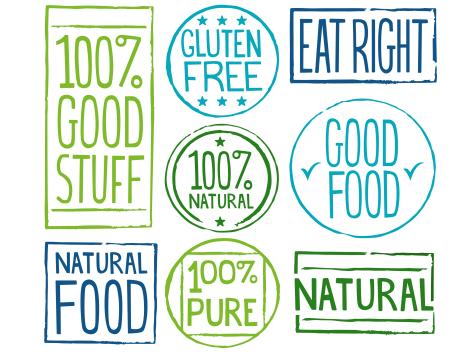


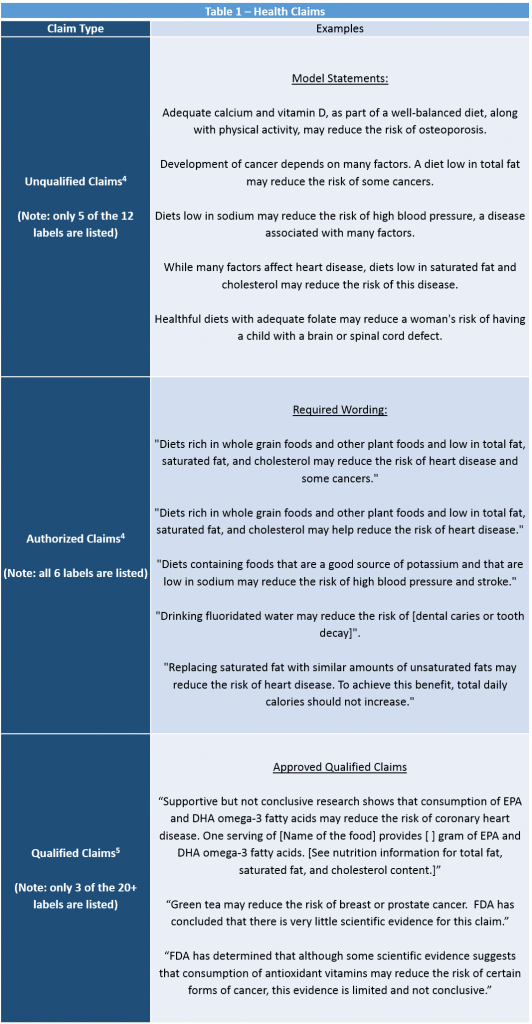


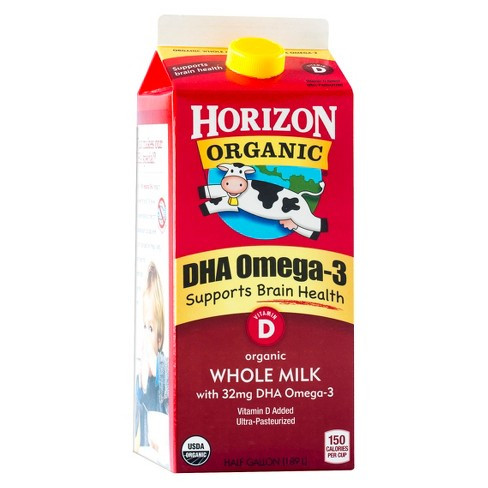





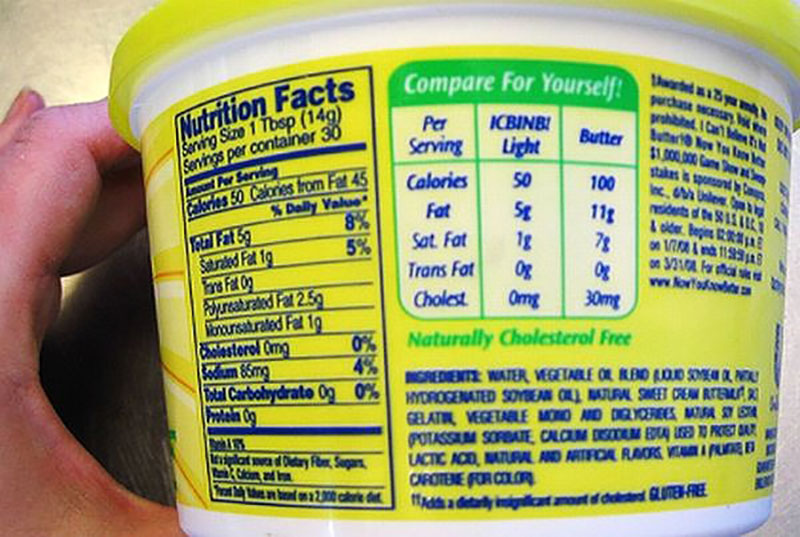










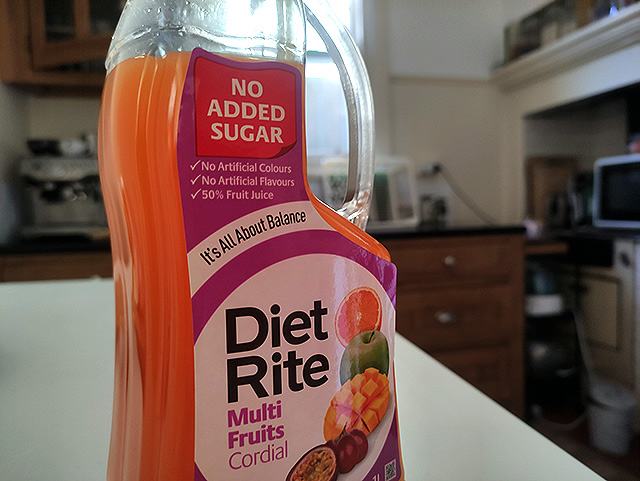
Post a Comment for "44 health claims food labels"